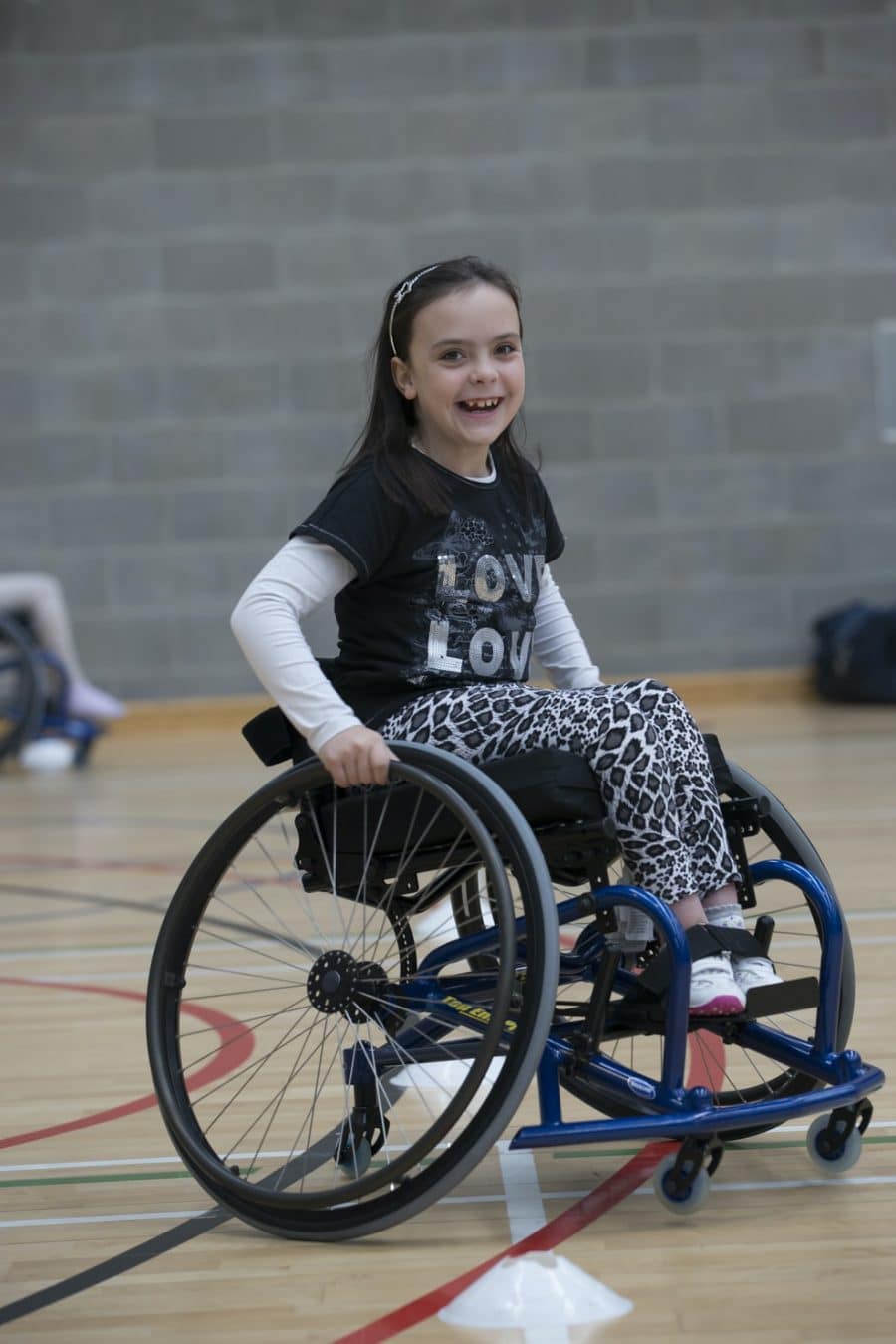Cerebral palsy is a condition that affects how a person's muscles work, making it challenging for them to control their movements and coordination. This condition typically arises from damage to the developing brain either during pregnancy, childbirth, or shortly after birth. While the specific causes of cerebral palsy can differ, medical negligence is frequently identified as a significant factor in its occurrence.
Medical negligence refers to situations where healthcare professionals fail to provide the standard of care expected in their field, leading to harm or injury to the patient. In the context of cerebral palsy, negligence during pregnancy, delivery, or postnatal care may contribute to the development of the condition. Understanding the link between cerebral palsy and medical negligence is crucial, as it may warrant legal action to seek compensation and justice for affected individuals and their families. Consulting a cerebral palsy attorney can help navigate the complexities of such cases and ensure that legal rights are protected throughout the process.
In this post, we explore the connection between cerebral palsy cases and medical negligence, shedding light on symptoms, causes, and the crucial role of healthcare professionals. We discuss the steps families can take to pursue legal action, emphasizing the expertise of cerebral palsy attorneys in establishing links between negligence and the condition's onset. Let’s dive in!
Understanding Cerebral Palsy
Cerebral palsy can present itself in ways that result in limitations and challenges with daily activities. The severity of symptoms can range from mild to severe depending on the extent and location of brain damage. Some common symptoms include difficulties with movements, muscle stiffness or weakness, issues with coordination and balance, speech impairments, and involuntary movements.
Causes of Cerebral Palsy
Several factors can contribute to the development of palsy. These factors include;
- Medical conditions during pregnancy: Infections like rubella or herpes pose an increased risk of palsy if contracted by the mother while pregnant. Similarly, uncontrolled diabetes and high blood pressure have also been associated with a likelihood.
- Birth complications: In instances, prolonged labor or challenging deliveries may result in hypoxia ( oxygen supply to the brain), leading to brain damage and subsequent development of cerebral palsy.
- Neonatal complications: Neonatal complications such as birth, birth weight, jaundice that require extensive treatment (phototherapy), seizures (convulsions), and infections acquired shortly after birth could all potentially contribute to the development of cerebral palsy.
Medical Negligence and Cerebral Palsy
The occurrence of palsy can be attributed to factors, including genetic or congenital reasons beyond human control. However, it is important to acknowledge that medical negligence can also be a cause in some situations. Medical negligence refers to actions or omissions by healthcare professionals that deviate from standards and result in harm or injury to patients. This negligence can occur during pregnancy, labor, and delivery or in care.
Pursuing a Cerebral Palsy Case
In cases where medical negligence or malpractice is suspected to be a contributing factor in the development of palsy, families may choose to seek representation and pursue a case related to this condition. Cerebral palsy attorneys possess the expertise and knowledge to investigate cases thoroughly. They evaluate records and consult with medical experts to establish a link between medical negligence and the onset of cerebral palsy. It is crucial for families involved in cases to work with attorneys who specialize in handling cerebral palsy claims. These attorneys are well-versed in navigating the process and can advocate for fair compensation on behalf of their clients.
Proving Medical Negligence
To prove that medical negligence was the cause of palsy, certain elements need to be established:
- Duty of care: There should have been a doctor-patient relationship, which implies that the doctor had a responsibility toward the patient’s well-being.
- Breach of duty: The healthcare professional would be considered to have breached their duty of care if they deviated from standards.
- Causation: It needs to be demonstrated that the breach of duty directly caused or significantly contributed to palsy development.
- Damages: Evidence should be provided to show how the patient has suffered physically, financially (due to expenses), emotionally, or in terms of diminished quality of life as a result of having cerebral palsy.
Time Limitations for Filing a Lawsuit
Time limitations for filing a lawsuit related to palsy are important for families to consider. These limitations vary depending on jurisdiction and factors such as when the injury occurred when it was discovered or should reasonably have been known, and if any exceptions apply. Seeking advice from an attorney can clarify specific filing deadlines relevant to your situation.
Compensation for Cerebral Palsy Cases
If it is proven that negligence was involved in a lawsuit related to palsy, the child affected may be eligible for compensation to help cover the expenses associated with their condition. This compensation may include:
- Past and future medical expenses, including surgeries, therapies, assistive devices, medication, and ongoing specialized care.
- Costs for rehabilitation and therapy such as therapy, occupational therapy, speech therapy, and other necessary interventions to improve function and quality of life.
- Modifications were made to the home to accommodate the needs of the child, which may include wheelchair ramps, grab bars, widened doorways or hallways, and accessible bathrooms.
- Education-related expenses that are connected to services designed for children with cerebral palsy. These services could involve education plans (IEPs) or attending schools.
- In cases where the impact on the child's ability to work is severe enough, potential compensation might take into account their reduced capacity to earn income in the future.
Final Words
Cerebral palsy is a condition that can have an effect on both individuals and families. When there are suspicions of negligence playing a role in its development, seeking guidance from a cerebral palsy attorney becomes crucial. They can offer assistance throughout the procedures, support the pursuit of compensation, and assist families in obtaining the necessary resources to ensure comprehensive care for their loved ones who have cerebral palsy.


